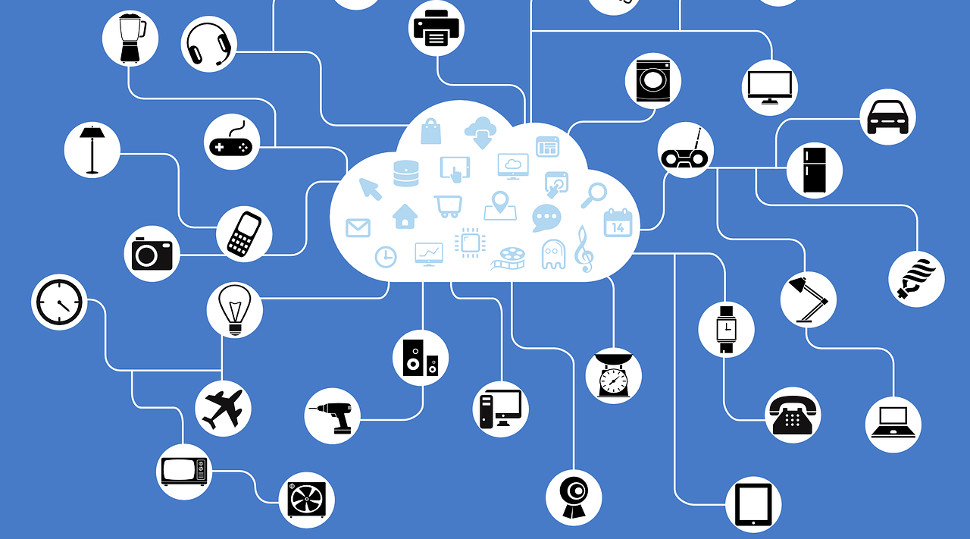5G IoT connections are set to hit a major milestone this year
Huge shift towards 5G IoT devices is coming fast

A new study has identified 2023 as a huge turning point for 5G IoT (Internet of Things) connections globally, and the next three years are set to see those come into their own.
Juniper Research estimates that, already, there are 17 million 5G IoT connections worldwide this year, however the figure is set to expand by 1,100% over the next three years to the point that 116 million connections will be active in 2026.
The research anticipates that the healthcare sector and smart city services will make up the bulk of these connections.
TechRadar Pro needs you!
We want to build a better website for our readers, and we need your help! You can do your bit by filling out our survey and telling us your opinions and views about the tech industry in 2023. It will only take a few minutes and all your answers will be anonymous and confidential. Thank you again for helping us make TechRadar Pro even better.
D. Athow, Managing Editor
IoT over 5G
Besides these two major categories, other IoT areas include the automotive industry, and mobile broadband and smart homes. However, Juniper reckons that healthcare and smart cities will account for almost two-thirds of IoT devices by 2026.
It cites the ultra-low latency and high bandwidth typical of 5G connections as some of the key driving factors behind the substantial growth that have been forecasted.
Of the predicted 116 million connections, the research study indicates that 60 million shall come from smart city connections. Transportation networks, both road and rail, are set to benefit from the improvements that 5G can deliver over 4G technology.
Juniper also noted the inefficiencies in our healthcare systems that were uncovered during the pandemic, pinpointing a need for modernization. Real-time, remote monitoring of connected ambulances and other emergency services is one such upgrade that has been suggested.
Sign up to the TechRadar Pro newsletter to get all the top news, opinion, features and guidance your business needs to succeed!
The rollout of 5G IoT connections has, so far, been less impressive. Moving forward, research co-author, Olivia Williams, indicated the need to invest in high-return areas before expanding more widely:
“5G will enable more efficient and dynamic healthcare provision that was not feasible with 4G or Wi-Fi. However, healthcare providers must first implement 5G in areas which provide a strong return on investment; most notably connected emergency services.”
- These are the best VoIP providers to kickstart your business’s 5G journey
With several years’ experience freelancing in tech and automotive circles, Craig’s specific interests lie in technology that is designed to better our lives, including AI and ML, productivity aids, and smart fitness. He is also passionate about cars and the decarbonisation of personal transportation. As an avid bargain-hunter, you can be sure that any deal Craig finds is top value!
